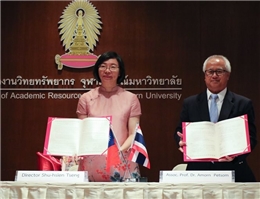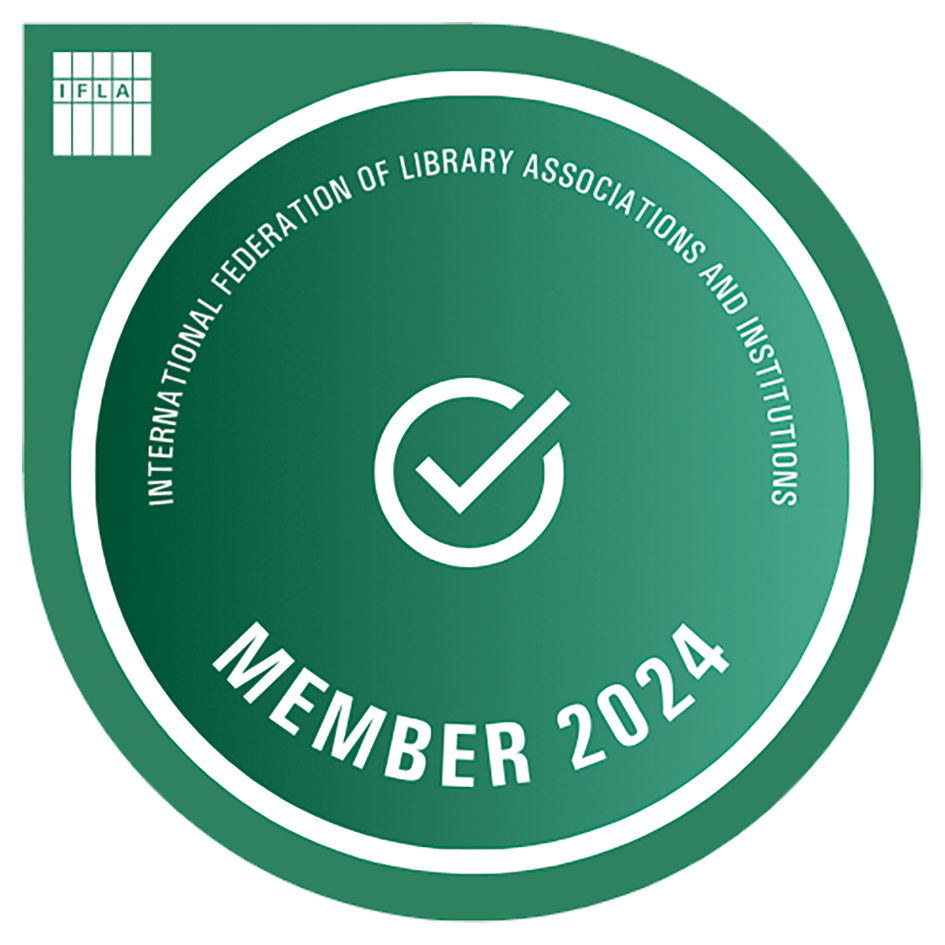News & Events
- 2018-12-24

In pursuit of the government’s New Southbound Policy, on October 30, 2018, Director-General Shu-hsien Tseng of the National Central Library (NCL) and Prof. Amorn Petsom, Acting Director of Academic Resources at Chulalongkorn University signed a cooperative agreement formally establishing a Taiwan Resource Center for Chinese Studies (TRCCS) at the university. They then performed the opening ceremony for the center, the twenty-eighth of its kind to be established by the NCL worldwide, the first in Thailand, and the third to be opened in a Southeast Asian country after Vietnam and Malaysia.
Established in 1917, Chulalongkorn University is Thailand’s oldest and most famous university. Its central library is home to one of the country’s important collections, comprising over one million volumes, over 600 thousand digital books, and many electronic periodicals, theses, and dissertations. The library’s collection is a diverse knowledge resource for both academic researchers and the general public alike. Chulalongkorn is also Thailand’s top-rated university. Its inter-disciplinary Institute of Asian Studies is dedicated to the fundamental research of the economics, societies, and politics of Thailand and the Asia region, and to develop new research on East Asia.
The NCL has initially stocked the Chulalongkorn University TRCCS with a collection of 658 publications spanning 737 volumes of Taiwan Studies and Sinology related research, which will be added to each year. This center also provides rich digital resources, such as books and databases, for staff and student reference.
Mr. Chen-yuan Tong, representative of the Taipei Economic and Cultural Office in Thailand, and Prof. Pomthong Malakul Na Ayudhaya, vice-president for academic affairs at Chulalongkorn University also attended and gave speeches at the opening ceremony, in which they both wished the new center well for the future. It is only by forming collaborative partnerships that libraries will be able to face the uncertainties and new challenges of the twenty-first century.
- Resources
- NEWS & Events
- ABOUT NCL
- International Cooperation and Exchange
- Services






